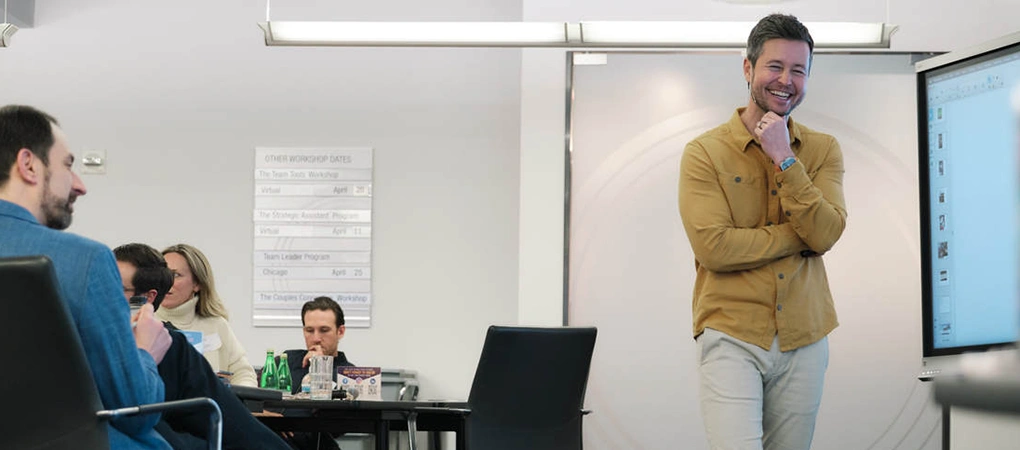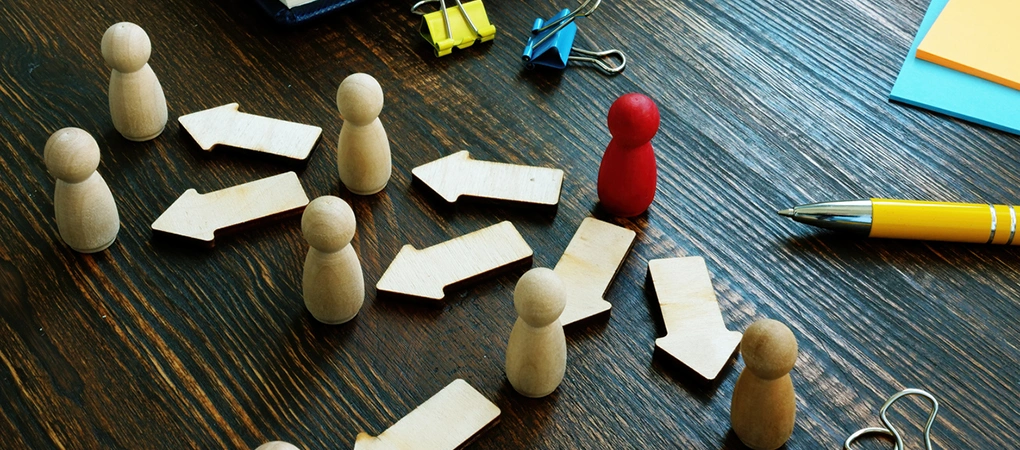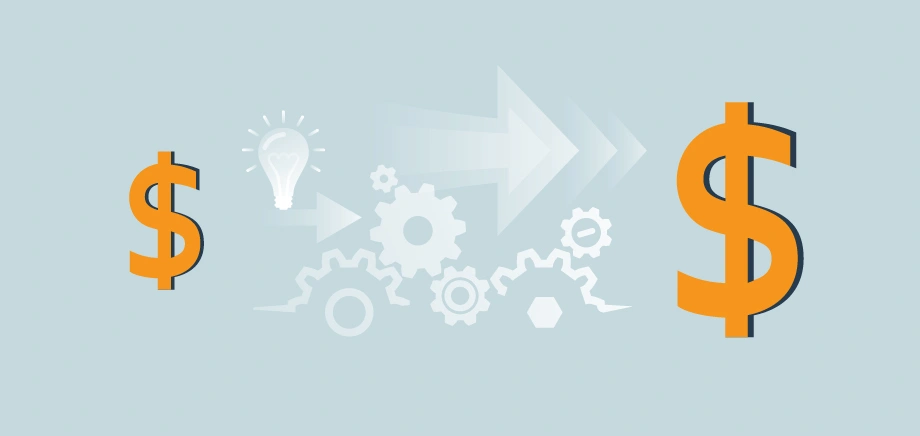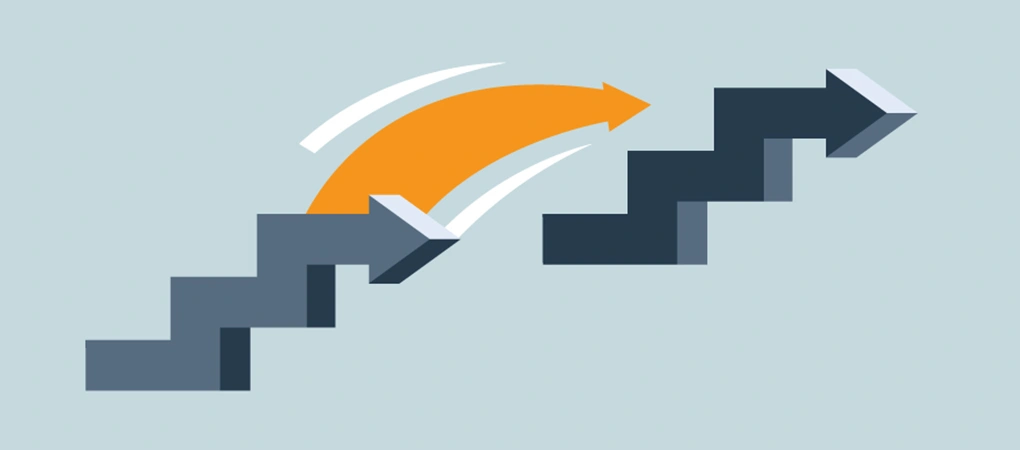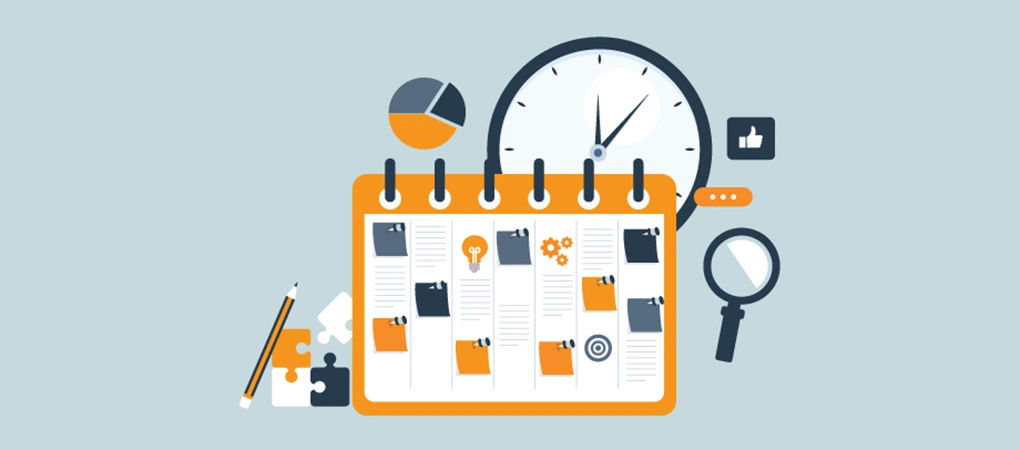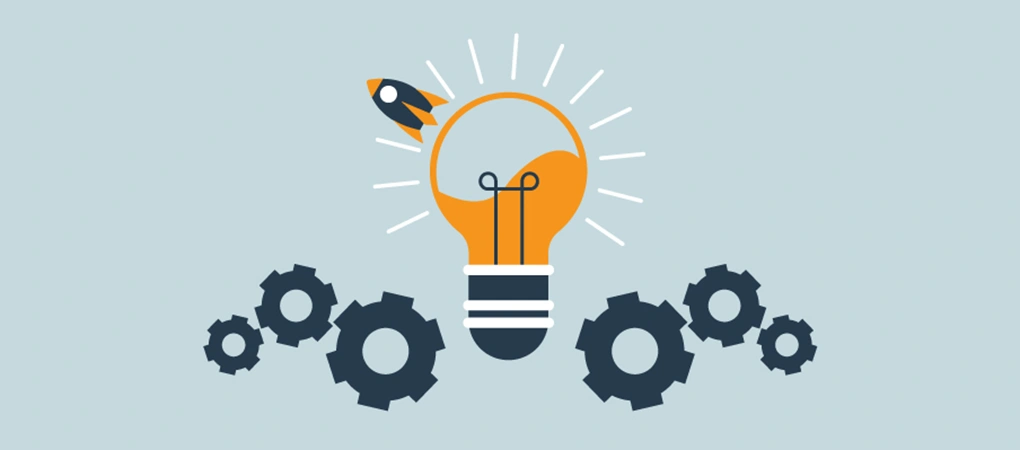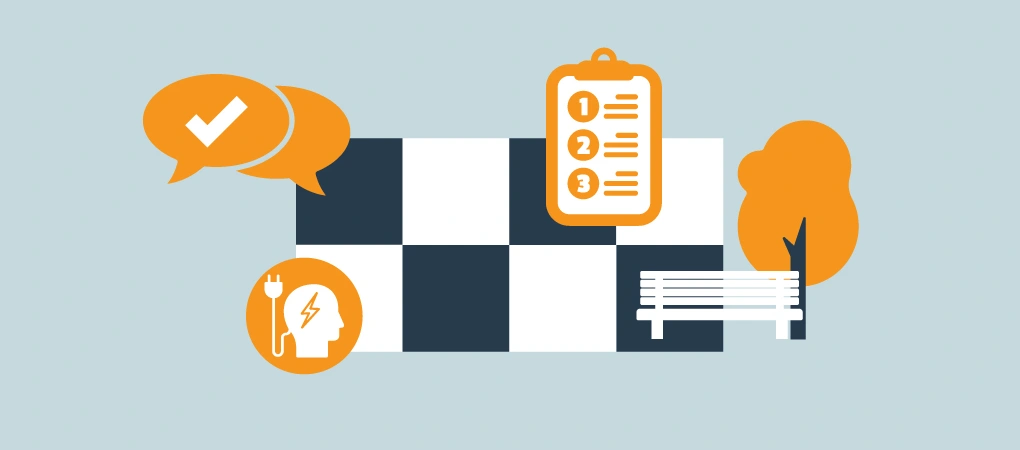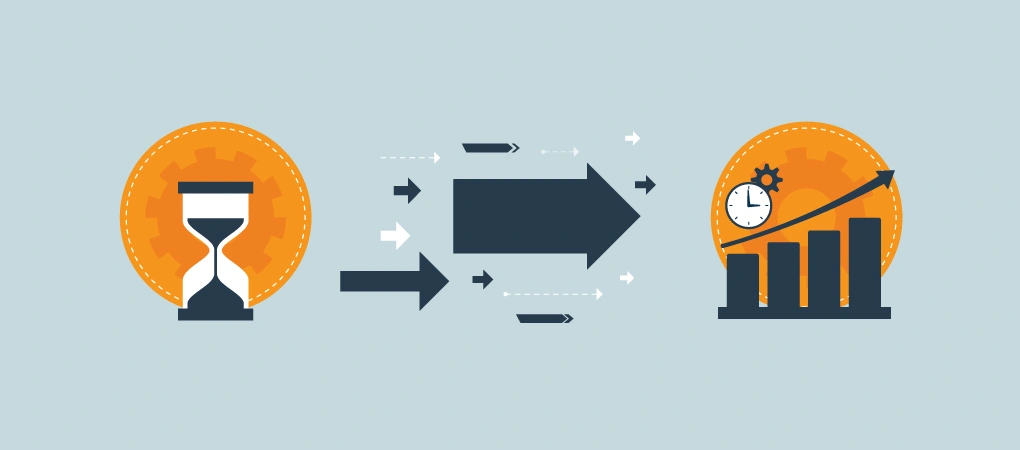What You Can Learn From Failure
Dan Sullivan
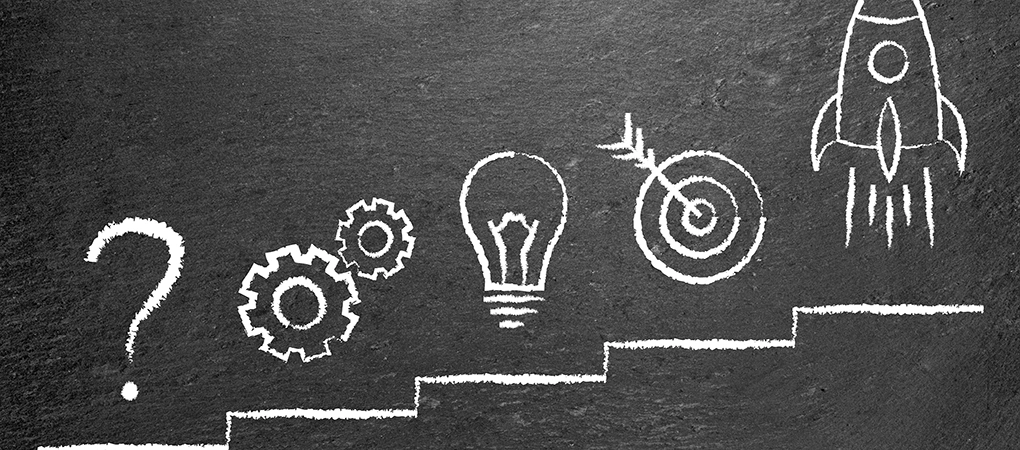
It’s been said that entrepreneurs are a different breed, and in many ways, I believe this is true.
Over 40 years of coaching successful entrepreneurs, one of the most significant differences I’ve noticed between these high-achieving business owners and the general population is one that contributes directly and greatly to their success and happiness.
It’s a certain mindset they have around their experiences in life, and the great thing about this mindset is that anyone can develop and benefit from it.
Win or learn — your choice.
These successful entrepreneurs look at every experience in one of two ways: Either they see themselves winning, or they see themselves learning. In the first situation, what they expected to happen does happen or exceeds expectations; in the second, their expectations aren’t met, and, in fact, the result could be seen as a real setback.
These entrepreneurs, though, don’t see a setback in a negative light. They see it as an opportunity to learn, and, in many cases, the learning far exceeds what they would have achieved from winning. In fact, I’ve seen entrepreneurs have their greatest breakthroughs after what most people would consider a failure.
I believe these types of breakthroughs happen as a result of the negative energy that floods your nervous system at the very moment an unexpected setback occurs. You’re shocked, blindsided, and the energy this generates is powerful.
But, if you haven’t consciously cultivated the mindset that a setback is an opportunity for useful learning, not only does that negative energy go to waste, the lingering negativity can rock confidence and prevent growth.
The Experience Transformer.
In the Strategic Coach Program, entrepreneurs use a thinking tool we call The Experience Transformer to capture the learning from both positive and negative experiences, so they can repeat the former and avoid the latter.
Looking back at a negative situation, for example, you list all the things that did work (because there are always things that did) and all the things that didn’t work, and then think about how you would do it over again if you had the chance. The strategies you come up with represent the learning that will prevent that type of situation from happening again — and give you the confidence to take good advantage of similar new opportunities.
Very successful entrepreneurs never repeat their setbacks. They use the new learning from their mistakes to continually move to a higher and higher level of performance and achievement, transforming what most people see as failure into their greatest successes.
